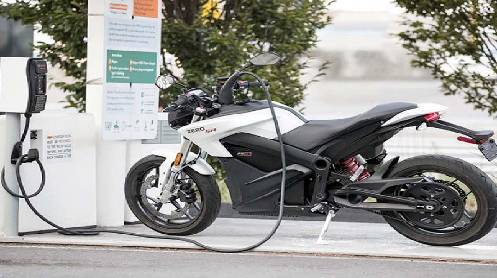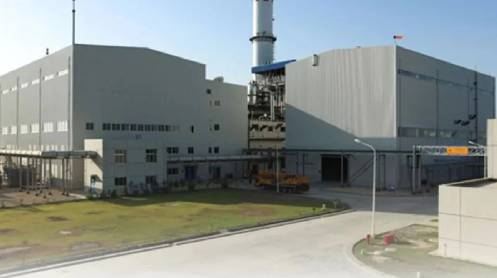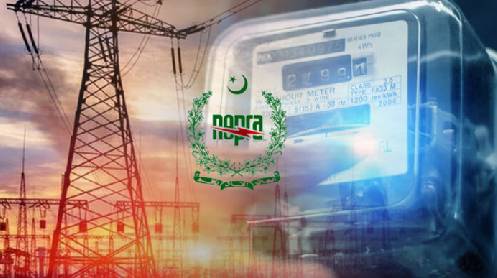Experts urge govt to formulate comprehensive policy for EVs
KARACHI: Electric bike assemblers and dealers in Pakistan are striving to make electric two-wheelers more appealing than the decades-old 70cc petrol versions, with an ultimate goal of replacing combustion engines in a few years. However, questions about the viability of these electric bikes persist due to the lack of proper infrastructure in both urban and rural areas.
While electric bikes have been gaining popularity in countries like India, China, Thailand, Vietnam, and Malaysia due to rising fuel costs and environmental concerns, Pakistan faces its unique set of challenges that hinder the widespread adoption of electric vehicles.
Speaking to The Express Tribune, Muhammad Sabir Sheikh, Chief Coordinator of the Electric Two Wheelers Manufacturing Group-Pakistan, who is also an EV bike dealer in Karachi, highlighted the hurdles in Pakistan. “EV bikes are less of a trend here due to issues like the risk of investment in a new sector, lack of dealer interests, high markup rates, volatile US dollar, and more,” he explained. Nevertheless, he remains optimistic about the future of electric bikes in Pakistan, predicting that they will replace traditional fuel-consuming motorcycles within a couple of years.
Sheikh noted that the introduction of high-quality electric bikes to the local market in the past six months has prompted buyers to be cautious about factors such as quality, speed, battery charging, and infrastructure. However, they are gradually becoming more comfortable with these electric two-wheelers. Brands like Evee, Metro, Yadea, Winner, and Crown have gained popularity, offering bikes that can travel from 70km to 125km on a full charge using a 72V graphene battery.
Read Tesla makes tech breakthrough in EVs
Business Head of a Lahore-based EV bike assembler, Hamza Asad emphasised the transformative potential of electric two-wheelers in Pakistan. “We introduced three variants of EV bikes with advanced features, including anti-theft alarms, safety breakers, and tubeless tires,” he said. He shared a success story of a customer who bought an electric bike for Rs230,000 two months ago, used it for 400km, and then sold it for Rs235,000 to upgrade to a newer model. The company provides a two-year motor warranty, a one-year battery warranty, and offers 100% replacement for faulty accessories. Demand for these electric bikes, priced from Rs200,000 to Rs300,000, is on the rise, and the company struggles to keep up with orders.
However, Abdul Rehman Aizaz, Chairman of the Pakistan Association of Auto Parts and Accessories Manufacturers (PAAPAM), believes that it will take two to three decades for electric bikes to gain a significant foothold in Pakistan. He pointed out several issues, including the absence of adequate infrastructure in urban and rural areas, the challenge of disposing of used lithium-ion batteries, high electricity rates for charging, frequent power outages in rural areas, and the relatively high prices of electric bikes.
Aizaz also urged the government to formulate a comprehensive policy for electric vehicles, drawing a parallel to the massive private investments made in establishing CNG stations about a decade ago. He warned that if a poor individual invests in an electric bike today without knowledge of potential policy changes in the future, it could lead to a significant loss of investment.





